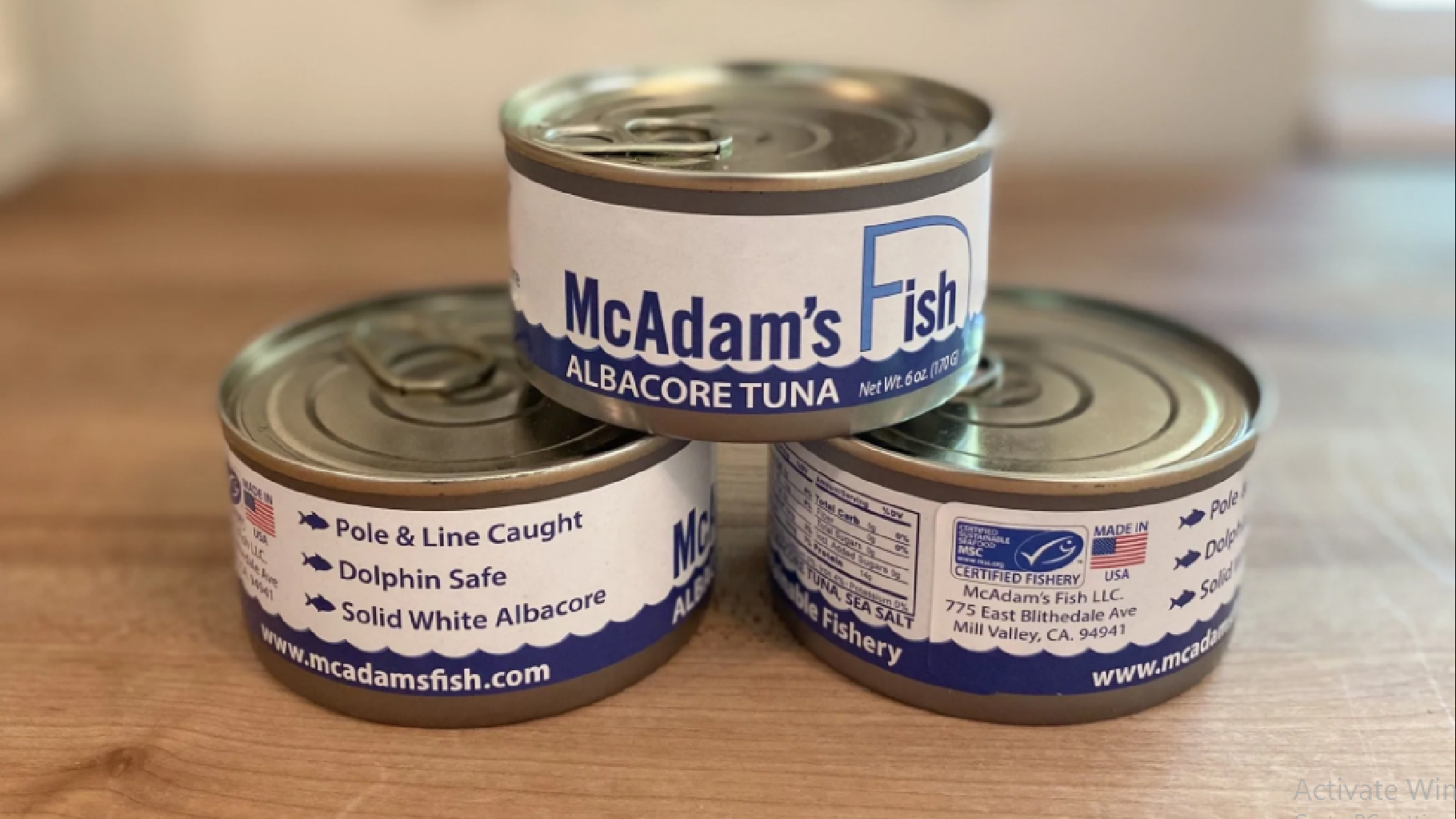By Gary Hewamadduma ACMA, CPA, CGMA, MBA, B.Sc.(Hons) in Computer Engineering
All businesses have goods and services vendors. IRS mandates that all service-related vendor payments be reported on a form 1099 at year end, with a copy to IRS. However, there is a quite a bit of confusion around collection of W9 form and submission of year end 1099s. This article tries to summarize the reporting needs around reportable vendor payments.
What is a W9?
In a general business setting, Form W-9 is used to collect the correct name, tax ID and address of a person or a business in order to file an information return with the IRS to report the payments made within a calendar year.
What is Form 1099-MISC.
If a business (Purchaser) spends $600 or more for services from an unincorporated business during a tax year, the total is reported on a 1099-MISC. Businesses file a 1099-MISC when purchasing services (not goods) from unincorporated vendors (not corporations). The IRS can issue a $50 fine for each missing 1099 form. The 1099 is a series of 17 different forms. This article focuses on 1099-MISC; the form applicable to most small-scale businesses.
Who should receive a 1099-Misc?
A service provider who is either a Sole Proprietor or a Partnership (LLC / LP) with over $600 in payments for the year. If an LLC that elects treatment as an S-Corporation or C-Corporation there is no need to send 1099-MISC with following exceptions
- Attorney’s fees even if the lawyer is incorporated
- Gross proceeds paid to an attorney (such as for legal settlements)
- Payments to for-profit medical care providers
What type of payments?
Reportable Payments
- Compensation for personal and/or professional “services” (including parts & materials used in performing service)
- Rental fees (Equipment, Office space etc.)
- Copyright, license, and royalty fees
- Event Catering
- Conference Planning, training, workshops, etc.
- Membership dues
- Entertainment services
- Transportation services
- Creative services (Advertising, display ads, marketing material, etc.)
- Payments for medical/healthcare and legal services regardless of whether or not the entity is incorporated
- Gross proceeds paid to an attorney or law firm regardless of whether or not they are incorporated
Non-Reportable Payments
- Expense Reimbursements to non-employees
- Utilities (telephone, gas, electric, cable, etc.)
- Merchandise -when no service, such as installation, training, technical support, customizing, etc., is included in the purchase
- Freight
- Subscriptions
- Rental of storage units
- Food/Meals purchased that are not catered
- Classified ads and T.V. or radio promotional ads where ads are not created by the vendor (just runs the ads)
- Scholarships
- Software – when no software support is provided or where no annual renewal fee is required to continue using software
- Payments made to a school, college, university, church, or other recognizable tax-exempt entity
- Payments to a corporation – with the exception of payments for medical/healthcare and legal services and gross proceeds paid to an attorney or law firm






